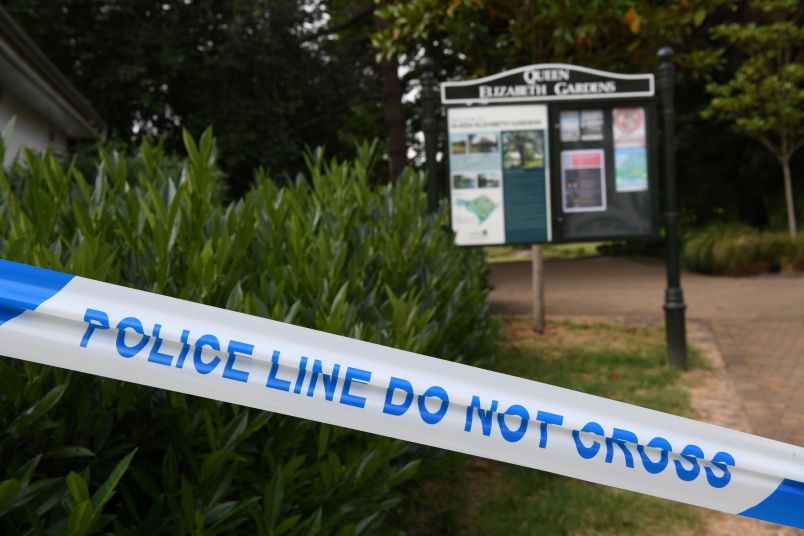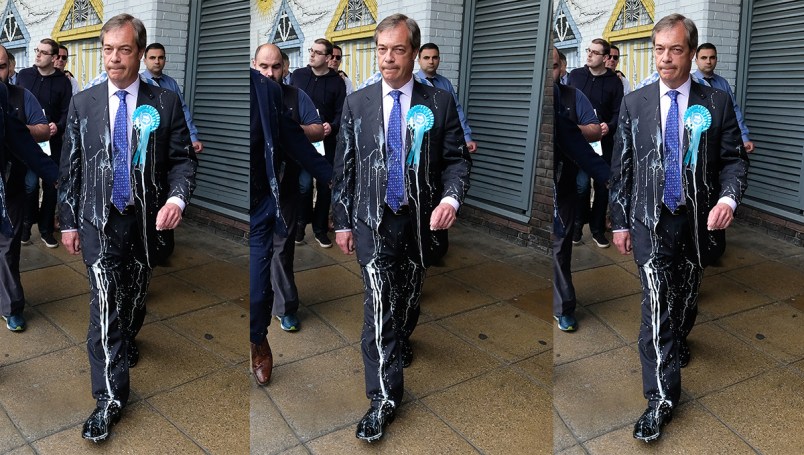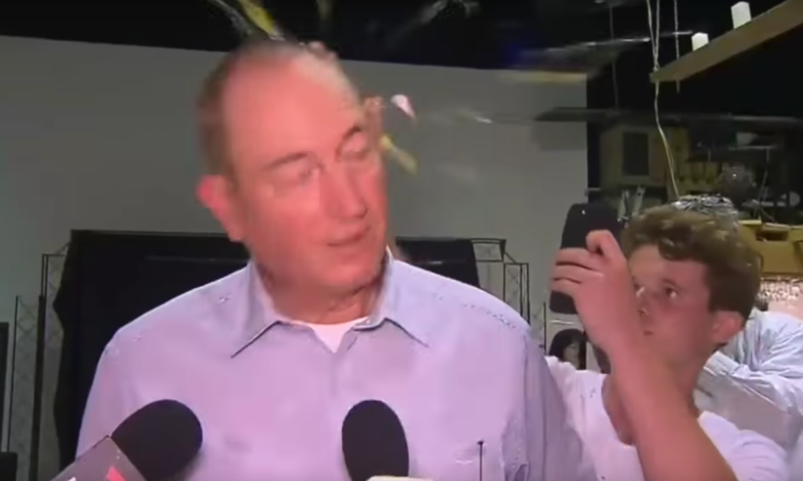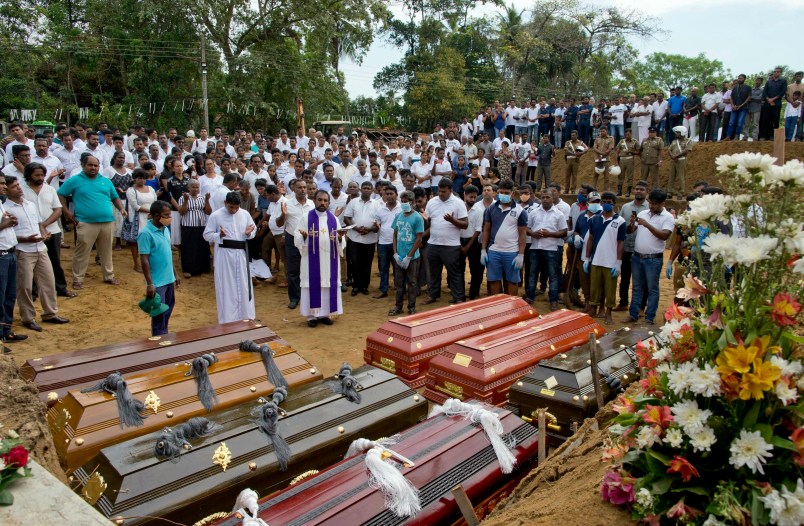AMESBURY, England (AP) — British officials investigating a second case of poisoning with the nerve agent Novichok in southwestern England said Thursday they suspect the victims were not directly targeted but sickened as a consequence of the previous attack.
Police announced late Wednesday that specialists have determined that a couple in their 40s were poisoned by the same lethal toxin — developed by the Soviet Union — that almost killed Sergei Skripal and his daughter Yulia in March. The new victims are both critically ill in the same hospital that treated the Skripals.
“The working assumption would be that these are victims of either the consequence of the previous attack, or something else, but not that they were directly targeted,” security minister Ben Wallace told the BBC.
“I think what we said at the time was that this was a brazen and reckless attack in the heart of a very peaceful part of the United Kingdom, and that is part of the anger I feel about the Russian state … that they chose to use clearly a very, very toxic, highly dangerous weapon.”
The unexplained poisoning of two British citizens with no immediately apparent link to Russia has raised public health concerns in the Salisbury area, where a massive decontamination effort took place after the Skripals were found to have been poisoned with Novichok.
Prime Minister Theresa May has blamed the Russian state for the attack on the Skripals — an assertion the Kremlin denies. Wallace said the Russian government could “put this wrong right” by providing details about the Skripal poisoning. He called on Moscow to provide information and “tell us what happened. What they did.”
“I’m waiting for the phone call from the Russian state,” he said. “The offer is there. They are the ones who could fill in all the clues to keep people safe.”
The new case has surfaced at a sensitive time as England’s soccer team is advancing in the World Cup, a global competition staged this year in Russia. It also comes days before a NATO summit expected to focus in part on worsening relations between Russia and the West.
The Kremlin’s spokesman says Russia is concerned but has had nothing to do with either case.
“Russia has categorically denied and continues to categorically deny the possibility of any kind of involvement to what was happening there,” President Vladimir Putin’s spokesman Dmitry Peskov told reporters Thursday.
Peskov noted Britain has rejected Russia’s offer for a joint probe, adding that “the British side has not presented any evidence of Russia’s involvement in this, besides unfounded accusations.”
Home Secretary Sajid Javid is chairing a meeting of the British government’s COBRA emergency committee on Thursday morning. He will brief the House of Commons on the matter afterward.
Local police declared the case a “major incident” Wednesday, four days after the couple — identified by friends as 44-year-old Dawn Sturgess and 45-year-old Charlie Rowley — were found collapsed at a residential building in Amesbury, eight miles (13 kilometers) from Salisbury, where the Skripals were poisoned.
Britain’s senior counter-terrorism police official Neil Basu said police do not know whether the nerve agent came from the same batch that left the Skripals fighting for their lives.
“The possibility that these two investigations might be linked is clearly a line of inquiry for us,” he said late Wednesday night.
Initially, the investigation was led by local police, but Basu said counterterrorism detectives were taking charge after the substance was identified as Novichok. He said 100 officers had been assigned to the case.
Police said officers were initially called Saturday morning about a collapsed woman, then were summoned back in the evening after a man fell ill at the same property. Police at first thought the two had taken a contaminated batch of heroin or crack.
Police cordoned off a home in Amesbury, believed to be Rowley’s, and other places the pair visited, including a church, a pharmacy and a park in Salisbury, near where the Skripals were found.
The Skripals’ illness initially baffled doctors after they were found unconscious on a park bench in Salisbury. Scientists at the Porton Down defense laboratory concluded they had been poisoned with Novichok, a type of nerve agent developed by the Soviet Union during the Cold War. It was believed to have been on the front door of Sergei Skripal’s home.
Andrea Sella, professor of inorganic chemistry at University College London, said Novichok nerve agents “are designed to be quite persistent — they hang around in the environment, neither evaporating or decomposing quickly.
“That means that if a container or a surface was contaminated with this material it would remain a danger for a long time and it will be vital to trace the movements of this couple to identify where they might have come into contact with the source,” he said. “So while the public at large are at very low risk from this material, until the source is found there is a remote chance that someone else might come into contact with it.”
After spending weeks in critical condition, the Skripals slowly got better and were released from the hospital and taken to an undisclosed location for their protection. Doctors say they don’t know the long-term prognosis.






